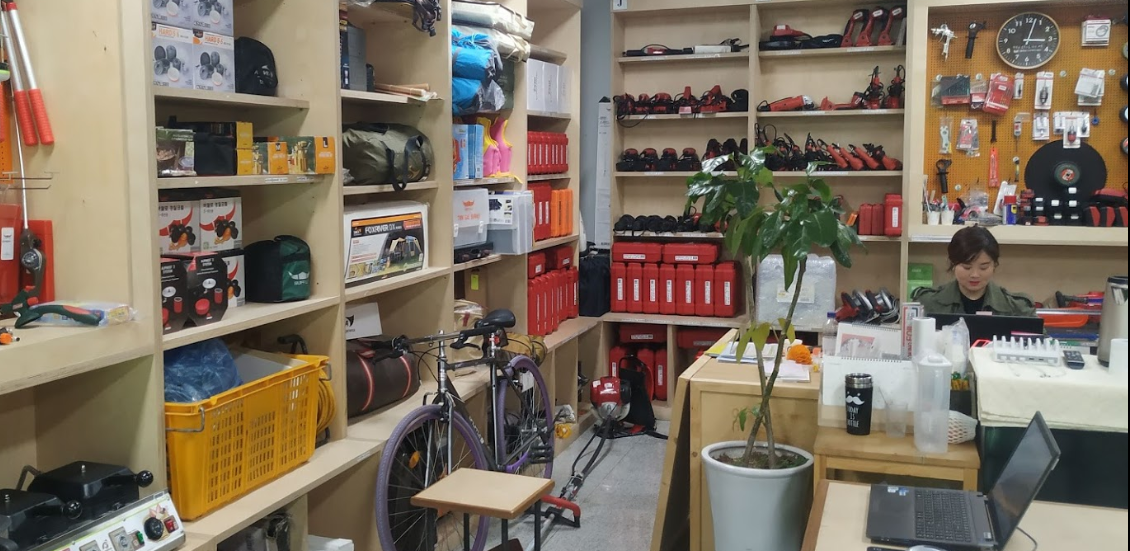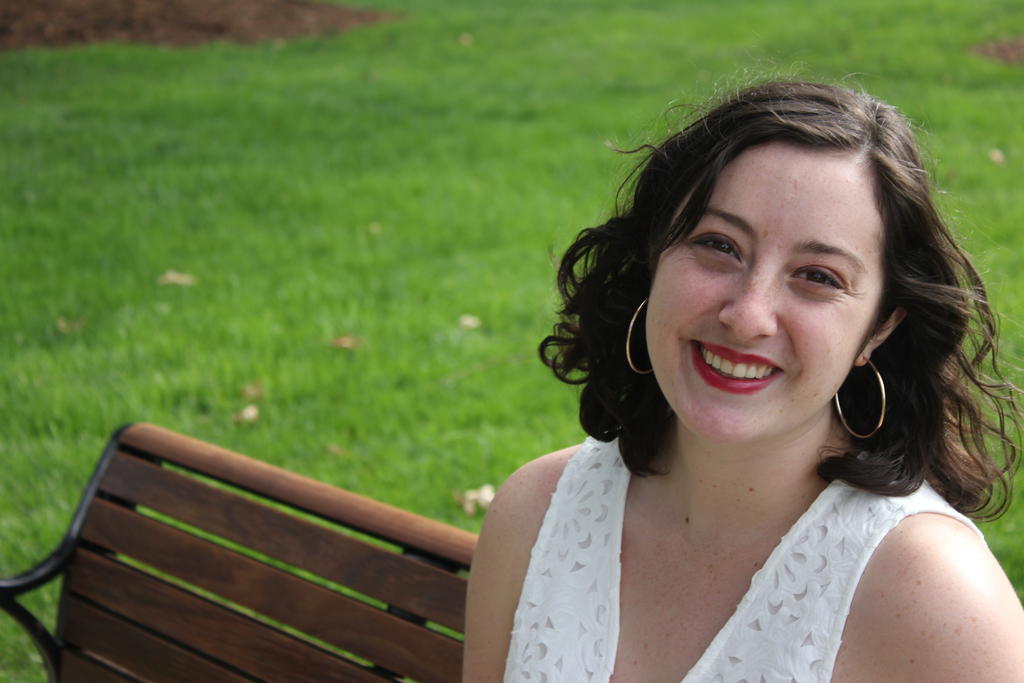How can the skills and values of agrarian, connected communities be brought into the 21st century in an urban environment? That’s the task of the Eunpyeong Sharing Center, in Seoul, Korea, where local residents of the district can learn skills, rent tools, and even rent space for events.
The Sharing Center isn’t creating new traditions for their community, but rather reviving the values of generations of Koreans: community centered activities, bartering and interdependence.
“Our ancestors worked very diligently to increase productivity in limited farmland, and solved the labor-force problem needed for farming with joint labor and sharing products… This tradition was formed through agrarian life,” says the center’s secretary general Hyogeun Shin, who will be taking over as director of the center in January of 2020.
The center, founded in 2011, offers classes, resources and tools to expand the sharing ecosystem in their community. The center is reflective of the interest across the mega-city of Seoul in community and the sharing economy; the city has a successful sharing city platform that includes a wide range of projects.
One of the center’s most popular offerings is rentals
Community members can rent things like home repair tools and camping gear for three percent of the item’s retail cost. The idea is that residents can share items that are necessary only a few times a year, like a tent or a toolbox, and save space and money in the process. Research shows that borrowing is crucial for relationships between community members — it encourages small talk and casual connection, which we now know is essential to the fabric of strong communities.
Sharing Center members don’t just share physical items
The center encourages knowledge sharing as well. “We also provide home repair services for families who have difficulty fixing and repairing their living area,” said Shin. Community members can also teach classes, seminars or workshops on whatever skills they have and want to share with others.
Residents don’t need to have a degree or certification to teach at the center — anyone with a skill to share is welcome to teach it. “We simply interview them to check what they can share, and confirm their intention to a community,” Shin said. The center offers knitting, woodworking, leatherworking, and calligraphy, depending on who is available and interested in teaching. Woodworking classes are particularly popular and often use wood that would otherwise become waste. Sometimes the center even provides woodworking and carpentry to local city festivals. Along with the classes offered by community members, staff of the center offer education on the sharing economy both onsite and at local schools.
Community space sharing
The center also offers spaces that can be used by other community groups for workshops and events — sometimes for free. Community members are also encouraged to share their spaces with others — even space they might not even think to use, like rooftops.
In densely urban environments, a roof might be the only open space left on a given street. Rather than being left empty, it could be used as a gathering space, a garden, or even for art shows and other cultural events that offer a diverse range of experiences for residents. “This problem causes a limit on various experiments, parties, art gallery viewings and other cultural spaces. We share rooftop space and try to resolve that lack of diversity,” said Shin. The Sharing Center and their community partners also coordinate a rooftop festival in Seoul, which encourages citizens to see the possibilities of unused space through activities — like concerts, yoga, book clubs and parties — all held on the roofs of Seoul’s community buildings such as libraries, museums and business incubators.
A cure for urban isolation
Rooftops offer a much-needed space for connection to combat the isolation that is common in large cities. Urban areas have a serious issue with loneliness and isolation, and Korea is no exception. Twenty-nine percent of Korean households were single-person dwellings in 2017, and a survey of 1,000 Korean adults found that 46 percent of those that lived alone reported feeling lonely “always” or “frequently.” Utilizing public space effectively is one way to curb the loneliness epidemic, so it’s high on the Sharing Center’s priority list.
In spite of funding challenges (like many nonprofit and blended enterprises, the center struggles to find the money to sustain their work), the center continues to expand its reach. The center’s busy calendar for 2020 includes participating in the Global Week of Sharing in June, and coordination with partners around the world, including Amsterdam, Taiwan and Rotterdam.
But ultimately, Shin believes the center’s biggest accomplishment is their work in their own neighborhood. “It is very meaningful that it is located as a convenient facility for citizens making efforts for self-reliance,” said Shin. Through community events at the center, the residents of Seoul can reconnect with one another and learn new skills for self-reliance along the way.
##
This post is part of our Winter 2019 editorial series on waste reduction. Get our free ebook on this series: “Beyond Waste: Community Solutions to Managing Our Resources.” Shareable is a partner of this project with Greenpeace.
Take a look at the other articles in the series:
- Celebrate the radical power of DIY during MAKE SMTHNG Week
- Communities worldwide prepare to host MAKE SMTHNG Week events
- Fashion Detox Challenge invites people to pause, reflect and change
- How the MyMizu app is creating community and fostering sustainability in Japan
- Bring sustainability to the party with reusable party packs
- Right to Repair movement invites us to review the way we produce and consume electronics
- From Oakland to Utrecht, sustainability-focused maker villages unite artisans for creative exchange
- Community cupboards feed neighborhoods despite legal hurdles









